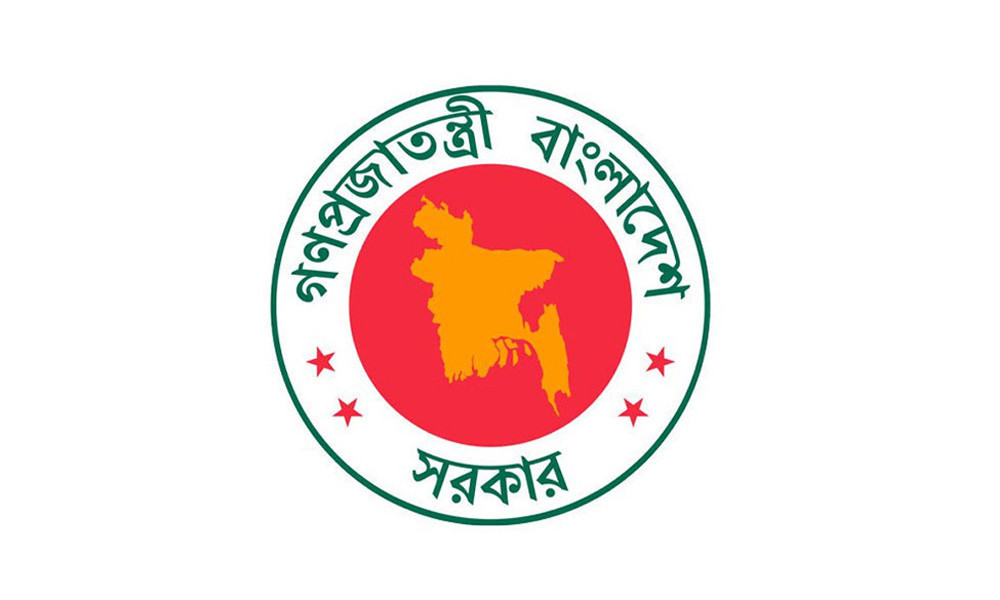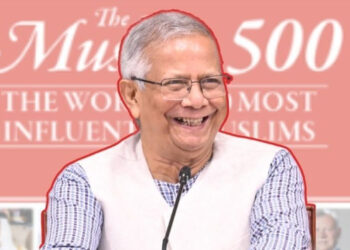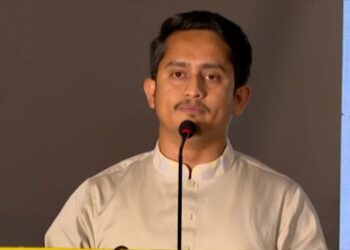In 2019, the Ministry of Law, Justice and Parliamentary Affairs introduced the Government Employee (Regular Attendance) Rules to ensure discipline and punctuality among officers and staff in government offices.
According to these rules, certain actions are strictly prohibited:
-
Being absent from work without prior permission
-
Leaving the office without approval
-
Arriving late at the office
All officers and employees must be present in their respective offices by 9 AM on working days.
Anyone who violates these instructions by being absent without permission, leaving the office without approval, or arriving late may face disciplinary action under the Government Employee (Regular Attendance) Rules, 2019 and the Government Employee (Discipline and Appeal) Rules, 2018.
Leaving Early is Not Allowed
No government employee is allowed to leave the office before working hours end. In other words, no one can leave before 5 PM. During office hours, if someone needs to step out for official or urgent reasons, they must get approval from their section head.
Read More: Nearly 1,000 Institutions Renamed After Hasina and Her Family Ousted
As per the schedule attached to the 2019 rules, employees must record their departure in the office exit register before leaving the premises.
What Happens If You Break the Rules?
If a government employee arrives late without a valid reason, their salary may be deducted or their casual leave canceled. Repeated lateness can lead to further disciplinary actions.
Under the 2019 rules, arriving late may result in salary cuts or deductions from allocated casual leave. In cases of frequent lateness, an amount equal to seven days’ basic salary can be deducted as punishment.
These rules are not just formalities. The purpose is to maintain discipline in public offices, ensure responsible service delivery, and uphold accountability in using public resources.
By arriving on time and leaving after hours end, government employees show not just rule-following, but respect toward their duties, the state, and the people they serve.
Share via:


















